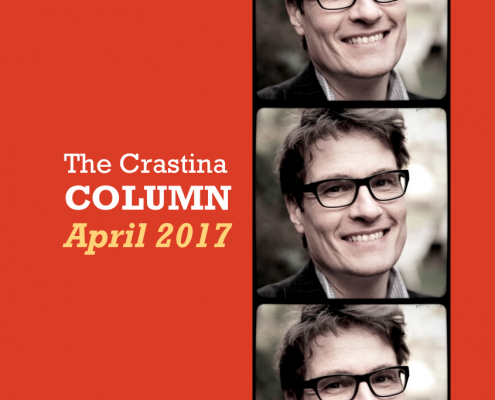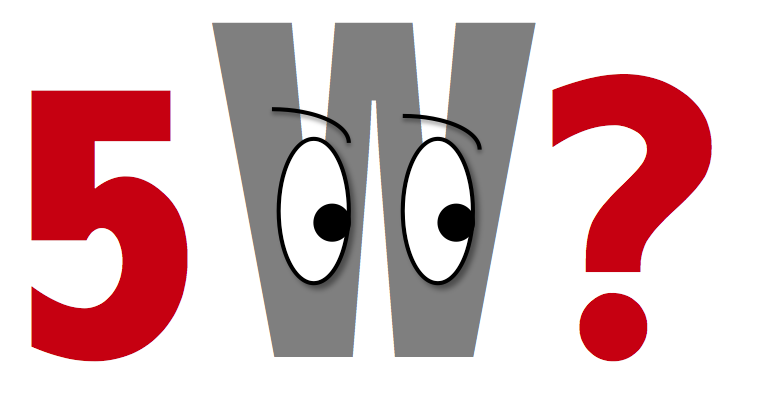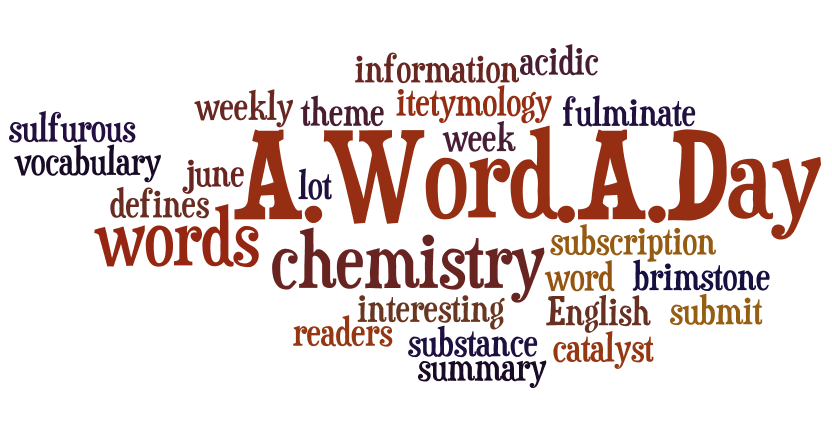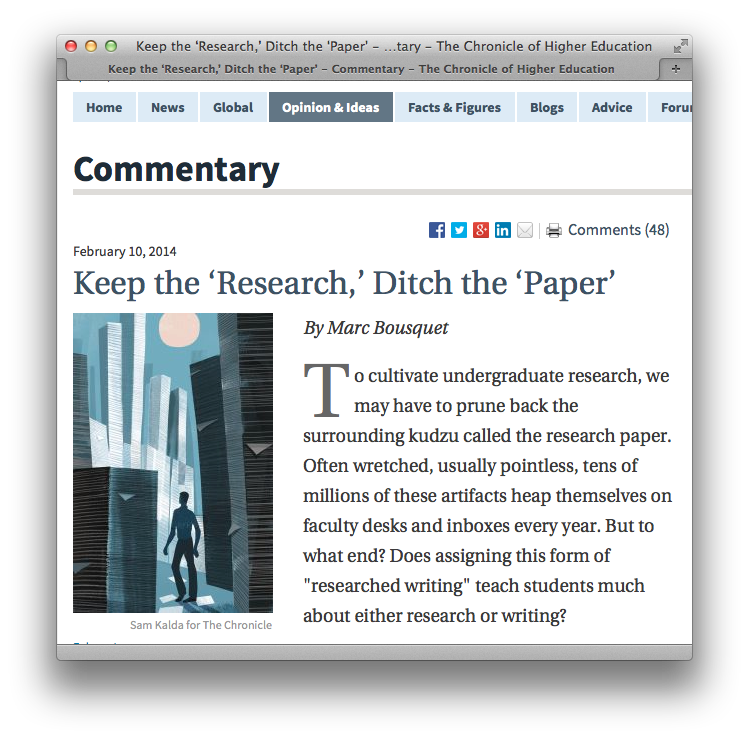Posts

Crastina Column, April 2017: “Lamenting the wordiness of learned people” by Olle Bergman
“Text, text, everywhere, Nor any message to get.” Paraphrasing Coleridge, we introduce this month’s theme: ”short & punchy”. Our column writer is Olle Bergman, Swedish freelance writer and project leader of Crastina.
Exhibit…

Kelley Swain, Poet-in-Residence in Oxford: “I will never become bored with writing poetry about natural history”
During 2016, Kelley Swain has been one of three poets in residence at the Oxford University Museum of Natural History. “It’s a safe bet that poets will be interested in being ‘in residence’ at your institution,” she says.
The…

Using the 5 Ws for Science Writing
Science writing, in some respects, is no different to other types of journalistic writing. It is about: Who?, What?, Why?, When?, Where? and (w)How?
Who? It is helpful to contextualise any story, we want to know which genius is responsible…

A.Word.A.Day lists words from chemistry
In early June, the theme of the week for A.Word.A.Day was words from chemistry.

Analogies—when two similar worlds meet
Properly used, analogies can give a huge help for understanding the structure of what we are telling each other. But then again: which is the proper way to use them? Norbert Majubu offers some reflections on how people often misuse analogies in science communication and reasoning.

”Don’t write a word unless you have something to contribute”
Marc Bousquet, associate professor of English at Emory University, recently wrote a comment worth considering in The Chronicle of Higher Education: Keep the ‘Research,’ Ditch the ‘Paper’

Getting your motor running: how to start a presentation
Giving momentum. That’s what you are doing when you are start talking to your fellows (or professors …). You are igniting their minds and curiosity just like you ignite your car when you start driving.
Now, there are different…

